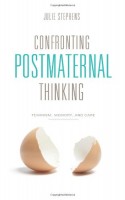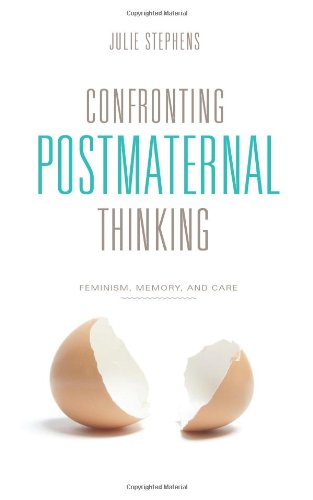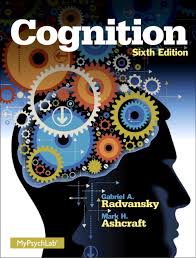 Author: Julie Stephens
Author: Julie Stephens
Publisher: Columbia University Press – 186 pages
Book Review by: Sonu Chandiram
Julie Stephens defines maternalism broadly as “the application of values, usually associated with mothering to the society as a whole. According to this view, the principles of nurture, care, and protection are suffused with rich ethical and political meanings and offer an alternative conception of the social.”
She laments that “maternalist ideas have been in decline,” especially since the sixties when feminism, woman power, and equal rights for women were big issues in the heydays of student activism on the Vietnam War, police brutality, and other targets of protest. She points out that when maternalist ideas are spoken about, they “often provoke unease and antagonism, especially when raised in a feminist context.”
Stephens asserts that this unease is because of, or has a connection with a “deeper cultural anxiety around nurture, care, and dependency.” Motherhood is looked at in society with ambivalence and some amount of tension as well, she points out.
And now, a new way of thinking about mothers and mothering has arisen which “amplifies this anxiety and gives it a different shape,” she alerts us. She calls this phenomenon postmaternal thinking, the subject of this book, which she reflects on and identifies some of its consequences on all of us, in this short book of four chapters, as shown below:
Introduction
- Unmothering
- Feminist Reminiscence
- Memory and Modernity
- Maternalism Reconfigured?
Conclusion: Towards a New Feminist Maternalism
The author makes a very strong assertion about child care: “the issue of providing better opportunities to arrange their lives around care will not be resolved ethically by simply outsourcing everyday care and emotional labor to a private market or through piecemeal policy initiatives.”
She writes that when she was working on this book, several members of her family were facing serious illness and incapacity. This “brought questions of human vulnerability into sharp focus” in her mind, and it impelled her to make “a renewed commitment to an interconnected, relational sense of self.” I believe she means to say that all connected family members should share responsibility in caring for the young and elderly; not just relegate it to child care and elder care centers.
In our culture care is “devalued,” and “gendered,” she points out, which brings about tension between mothers and fathers. There is also ambivalence, with contradictory feelings on this issue. Care of children is assumed by some to be the primary responsibility of mothers, but not by everyone.
With this book Julie Stephens provides us new and valuable insight on issues relating to motherhood and care of the young. It is a well-thought-out work and makes us really think about issues many of us have put on the side.
Julie Stephens is a feminist and author. She is an associate professor in sociology and politics at the School of Social Sciences and Psychology, Victoria University, Australia, and the author of Anti-Disciplinary Protest: Sixties Radicalism and Postmodernism.







